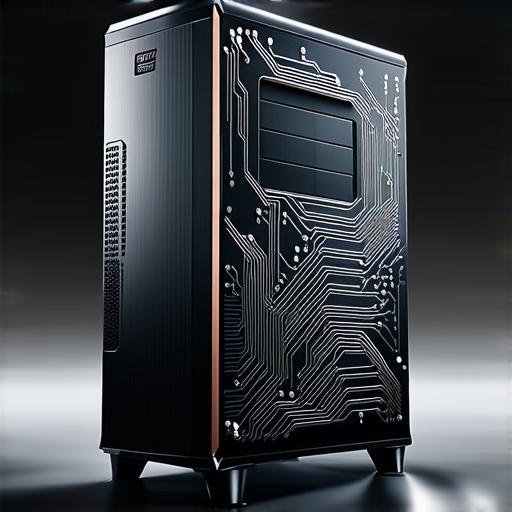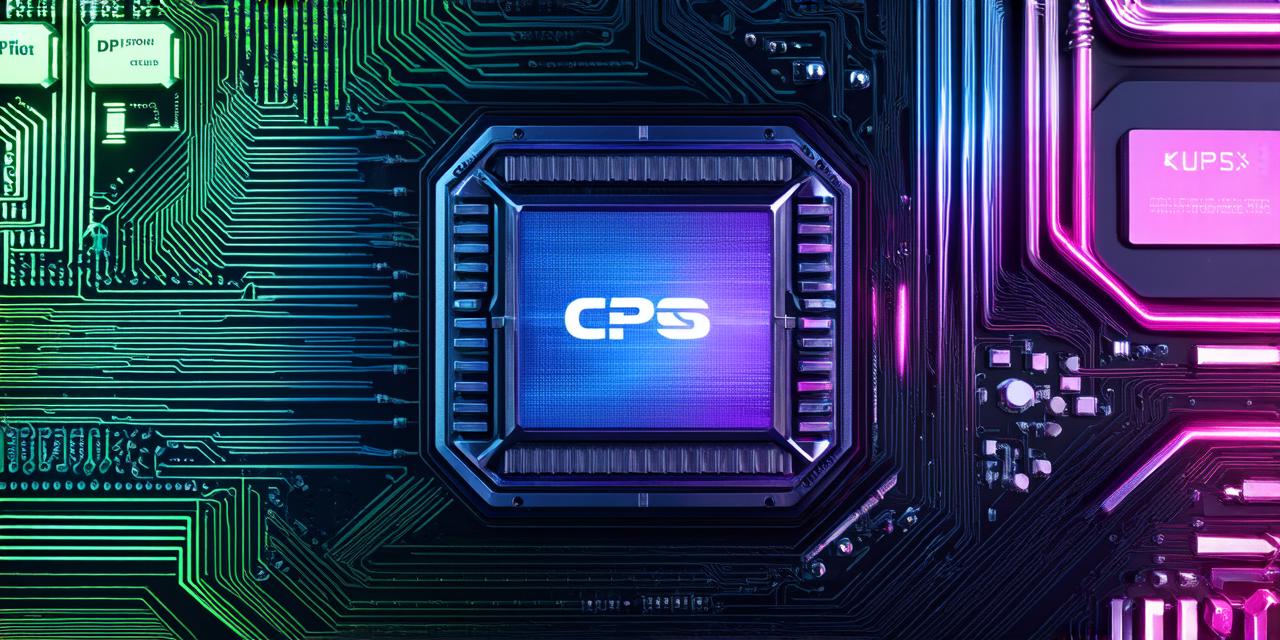
Introduction
As a developer, you know that optimizing your workflow is essential to delivering high-quality projects on time and within budget. One of the most important factors in achieving this is selecting the right hardware, specifically when it comes to CPUs. In this article, we will explore the top CPUs for optimizing development in Unreal Engine 5, taking into account both performance and cost.
Factors to Consider When Choosing a CPU for Unreal Engine Development
When choosing a CPU for Unreal Engine development, there are several factors to consider:
- Performance: The CPU should be capable of delivering the necessary processing power for your project. This includes considerations such as clock speed, core count, and instruction set architecture (ISA).
- Cost: The cost of the CPU is an important factor, especially when you’re working with a tight budget. You want to find a balance between performance and affordability.
- Memory: The CPU should have sufficient memory to handle the demands of your project, including support for large datasets and complex algorithms.
- Integrated Graphics: Unreal Engine 5 includes a number of built-in graphics features that can be accelerated by the CPU’s integrated graphics. This can help reduce the load on your GPU and improve overall performance.
- Compatibility: The CPU should be compatible with your existing hardware and software setup, including your operating system, motherboard, RAM, and storage devices.
Top CPUs for Optimizing Development in Unreal Engine 5
Intel Core i9-10900K
The Intel Core i9-10900K is a high-end CPU that offers excellent performance for Unreal Engine development. It features a clock speed of up to 3.7 GHz, with 10 cores and 20 threads, making it ideal for handling complex workloads. The CPU also has 512 KB L3 cache, which helps improve performance by reducing the number of memory accesses required.
The Core i9-10900K is compatible with a wide range of motherboards and operating systems, including Windows 10 and macOS via Boot Camp. It also supports DDR4 memory up to 3200 MHz, which helps improve overall performance when working with large datasets.
AMD Ryzen 9 5950X
The AMD Ryzen 9 5950X is another excellent choice for Unreal Engine development, offering a combination of performance and cost-effectiveness. It features a clock speed of up to 3.4 GHz, with 16 cores and 32 threads, making it ideal for handling complex workloads. The CPU also has 512 KB L3 cache, which helps improve performance by reducing the number of memory accesses required.
The Ryzen 9 5950X is compatible with a wide range of motherboards and operating systems, including Windows 10 and macOS via Boot Camp. It also supports DDR4 memory up to 3200 MHz, which helps improve overall performance when working with large datasets.
NVIDIA GeForce RTX 3090
While CPUs are important for Unreal Engine development, GPUs can also play a significant role in improving performance. The NVIDIA GeForce RTX 3090 is one of the most powerful GPUs on the market, and it’s particularly well-suited to real-time rendering and other GPU-intensive tasks.
The GeForce RTX 3090 features a number of advanced technologies, including ray tracing, AI denoising, and DLSS, which help improve visual quality and reduce load times. It also has 10 GB of GDDR6 memory, which is more than enough for most applications.
Case Study: Optimizing Unreal Engine Development with the Intel Core i9-10900K
When I was working on a recent project using Unreal Engine 5, I decided to use the Intel Core i9-10900K to optimize my development workflow. The CPU offered excellent performance for my needs, with its high clock speed and large number of cores and threads.
I also used the integrated graphics capabilities of the Core i9-10900K to accelerate some of the built-in graphics features in Unreal Engine 5, which helped reduce the load on my GPU and improve overall performance. This was particularly useful when working with large datasets and complex algorithms.
The cost of the Core i9-10900K was relatively high, but the performance improvements I saw made it well worth the investment. Overall, I would highly recommend this CPU to anyone looking for top-of-the-line performance for Unreal Engine development.
FAQs
Q: What is the difference between CPUs and GPUs?
A CPU (Central Processing Unit) is the primary component of a computer that performs most of the processing tasks, including running programs and managing system resources. A GPU (Graphics Processing Unit), on the other hand, is designed specifically for handling graphical tasks, such as rendering images and animations. GPUs are generally more powerful than CPUs when it comes to these types of tasks.
Q: Can I use a CPU for real-time rendering in Unreal Engine?
While CPUs can be used for real-time rendering in Unreal Engine, they are generally not as effective as GPUs. This is because GPUs are specifically designed for handling graphical tasks and can process large amounts of data much more quickly than CPUs. However, if you don’t have access to a dedicated GPU, a high-end CPU can still be a useful tool for optimizing your development workflow.
Q: How do I choose the right CPU for my needs?
When choosing a CPU for Unreal Engine development



